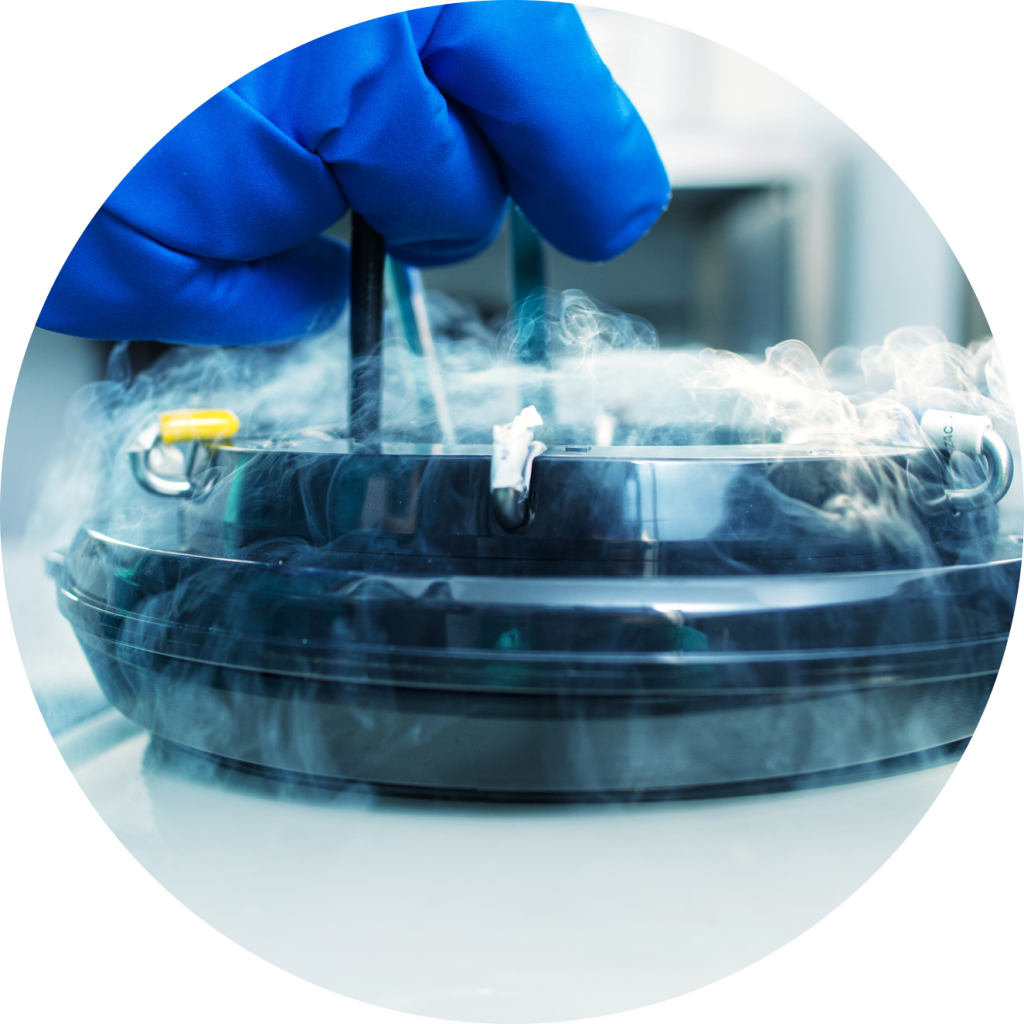
Because egg quality cannot be improved, these abnormal eggs accumulate over-time, resulting in a higher percentage of abnormal eggs than normal eggs among older women.
Since DNA is like a blueprint for our cells, any damage to your DNA can prevent that cell from doing what it is programmed to do, which in the case of the egg, is make a healthy baby.
The interplay of these factors can lead to an increased risk of infertility, miscarriages, and birth defects associated with chromosomal abnormalities in older women compared to younger women.
Mitochondria, the energy-producing organelles within cells, also tend to function less efficiently with age. This decline can affect egg quality because developing embryos need a lot of energy, and any deficiency in energy production can impair development, leading to increased rates of embryo loss or abnormalities.
With age, the ovaries may not be as effective at selecting the healthiest eggs for ovulation, increasing the chance that an egg with chromosomal abnormalities will be released and fertilised.
Get in touch with our friendly team to arrange an appointment with one of our fertility specialists.
